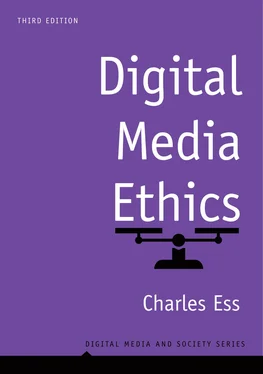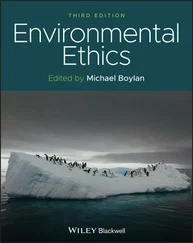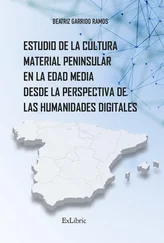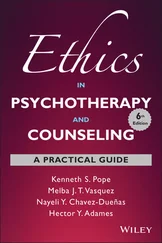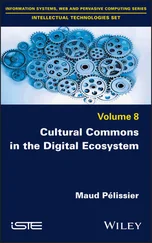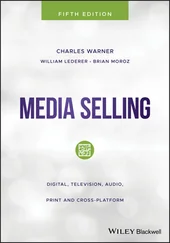Instructors and their students who want to follow this approach can begin with the opening sections of chapter 6on utilitarianism, deontology, and ethical relativism, absolutism, and pluralism , and then move on to chapter 2(privacy) and, perhaps, chapter 3(copyright and intellectual property). Chapter 3further explores virtue ethics , Confucian ethics, and the (Southern) African framework of ubuntu : again, taking up the relevant sections in chapter 6along with these components of chapter 3should be helpful. These elements, along with feminist ethics and ethics of care from chapter 6should be completed prior to chapters 4(friendship, death online, and democracy) and 5(pornography, sexbots, and violence). But some readers, depending on their interest in the specific topics of each chapter, may prefer to go to chapter 5before chapter 4(or 3, for that matter), as more concrete and specific in certain ways, before taking up chapter 4(or 3).
Case-studies; discussion/reflection/writing/research questions
Each chapter includes real-world examples intended to elicit initial reflection; these are accompanied by a series of questions and suggestions for “reflection/ discussion/writing/research.” These questions and suggestions can be used by students and classes as initial catalysts for reflection, discussion, and perhaps informal writing. Instructors may also find useful suggestions here for questions and material that they can develop into formal writing and research assignments more precisely tuned to their own curriculum and goals. But these are only starters and examples. Instructors and students will certainly come up with their own preferred questions, case-studies, etc.
OK – enjoy!
1Here I use the terms “premise,” “argument,” “conclusion,” etc., in their logical sense. An understanding of the basic element of logic is essential for undertaking ethics – and many ethics texts include an introduction to logic (e.g.Tavani 2013, ch. 3, etc.). For the sake of brevity, I have chosen instead to introduce and discuss a minimal number of logical elements: analogy and questionable analogy in chapter 3; the distinction between exclusive and inclusive “or”s in chapter 5; and the basic fallacy of affirming the consequent in chapter 6. Otherwise, in addition to any preferred resources of instructors, I would further recommend Weston (2018) as an excellent introduction to logic.
Конец ознакомительного фрагмента.
Текст предоставлен ООО «ЛитРес».
Прочитайте эту книгу целиком, на ЛитРес.
Безопасно оплатить книгу можно банковской картой Visa, MasterCard, Maestro, со счета мобильного телефона, с платежного терминала, в салоне МТС или Связной, через PayPal, WebMoney, Яндекс.Деньги, QIWI Кошелек, бонусными картами или другим удобным Вам способом.
